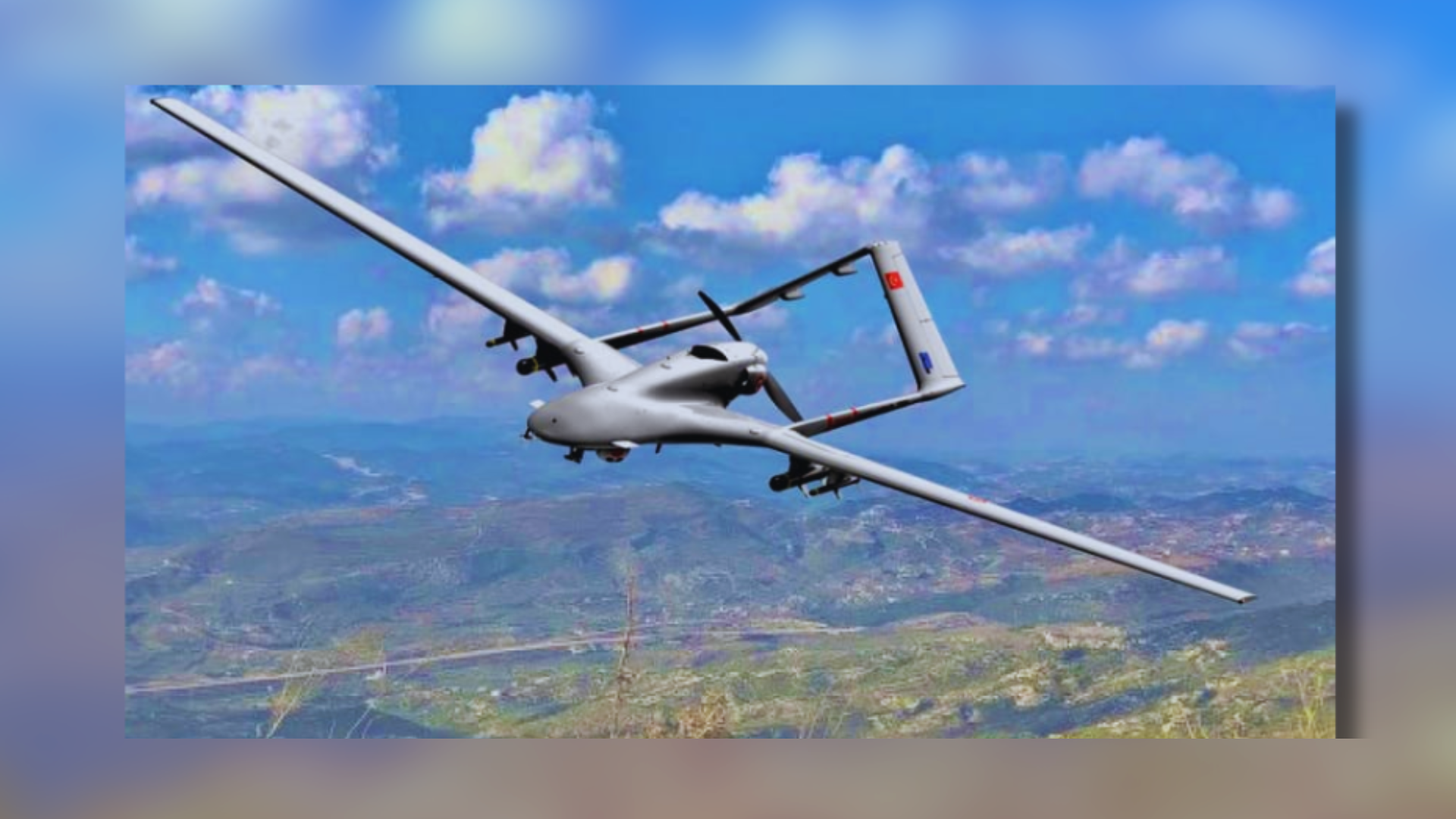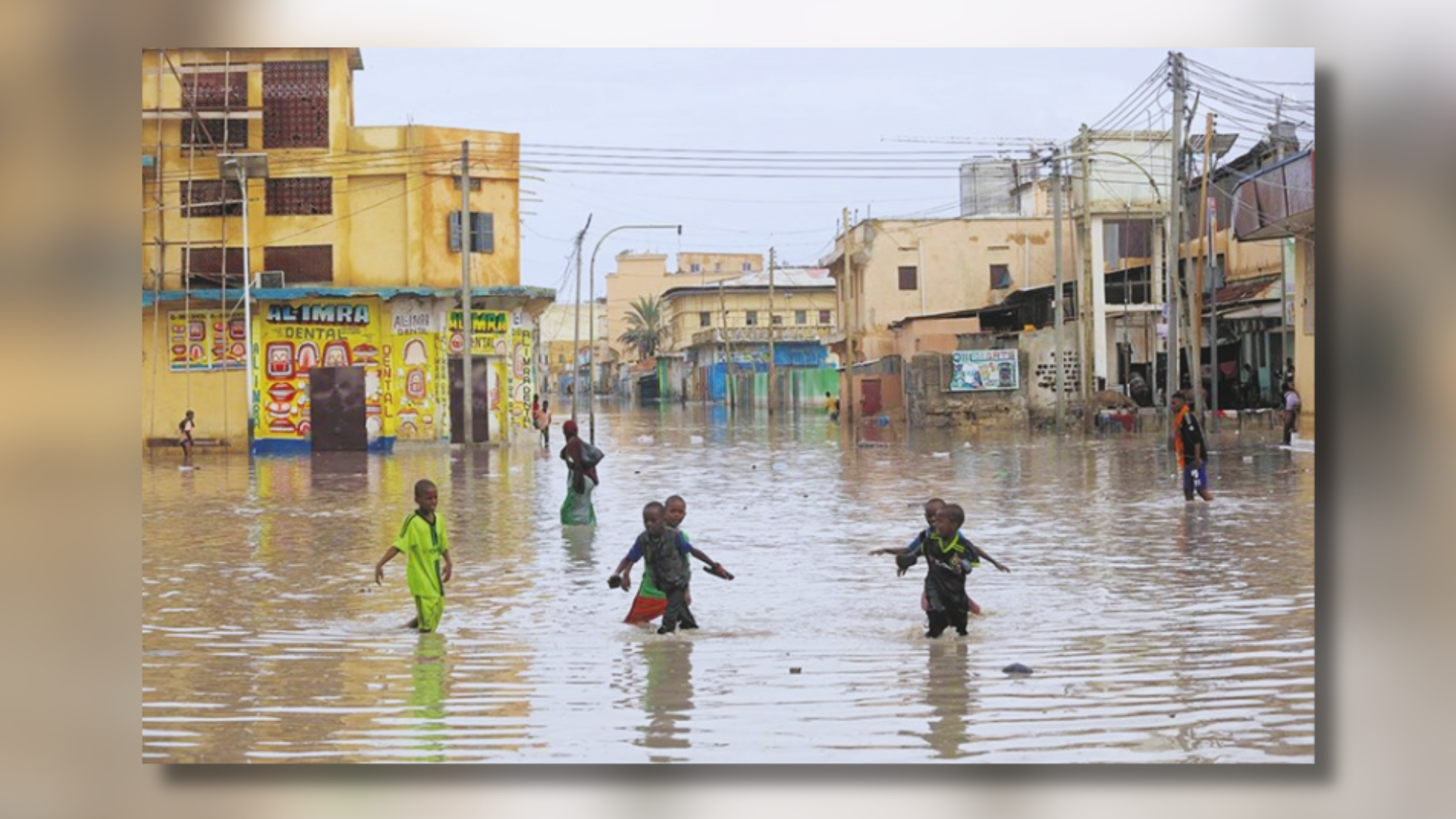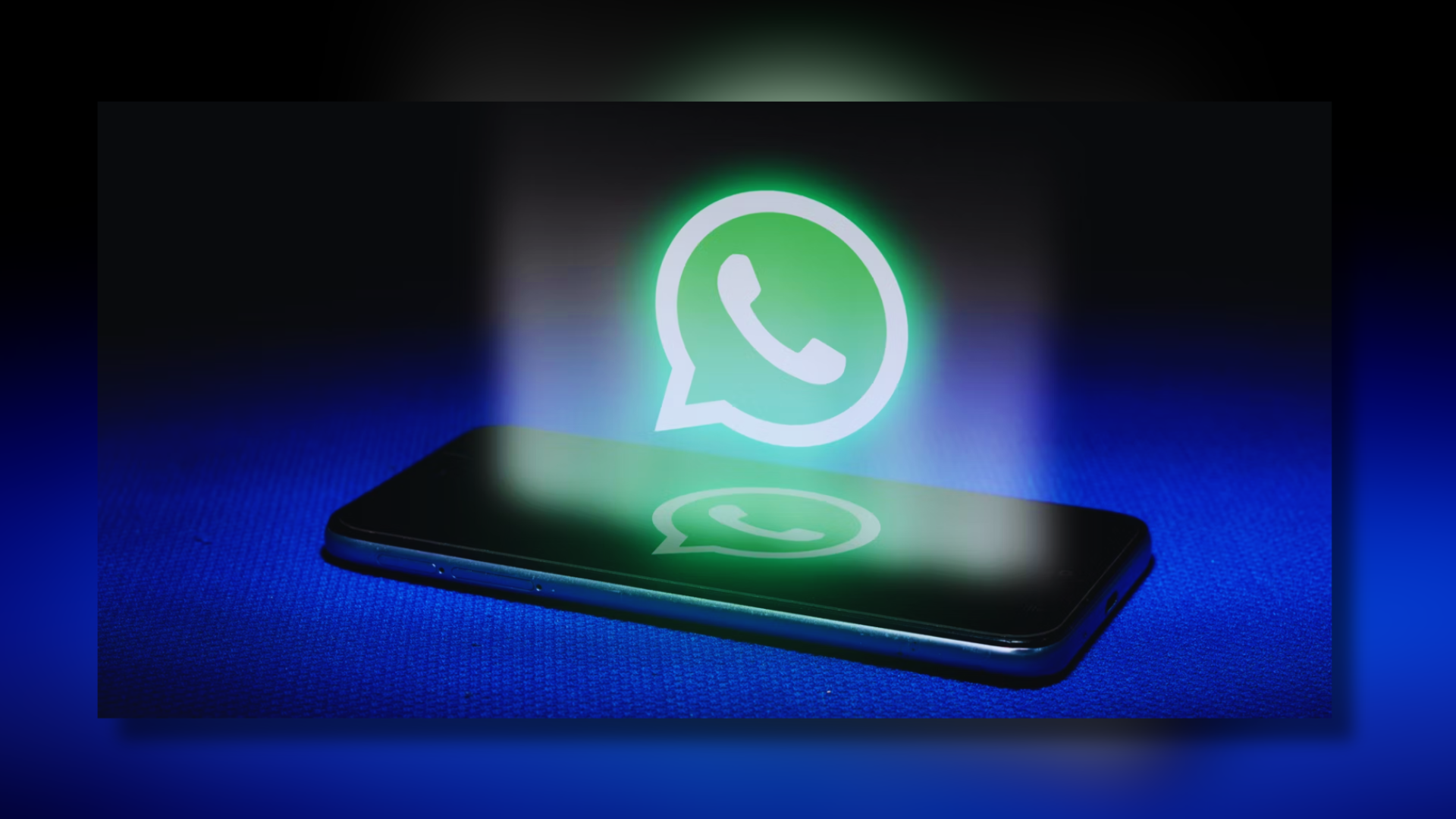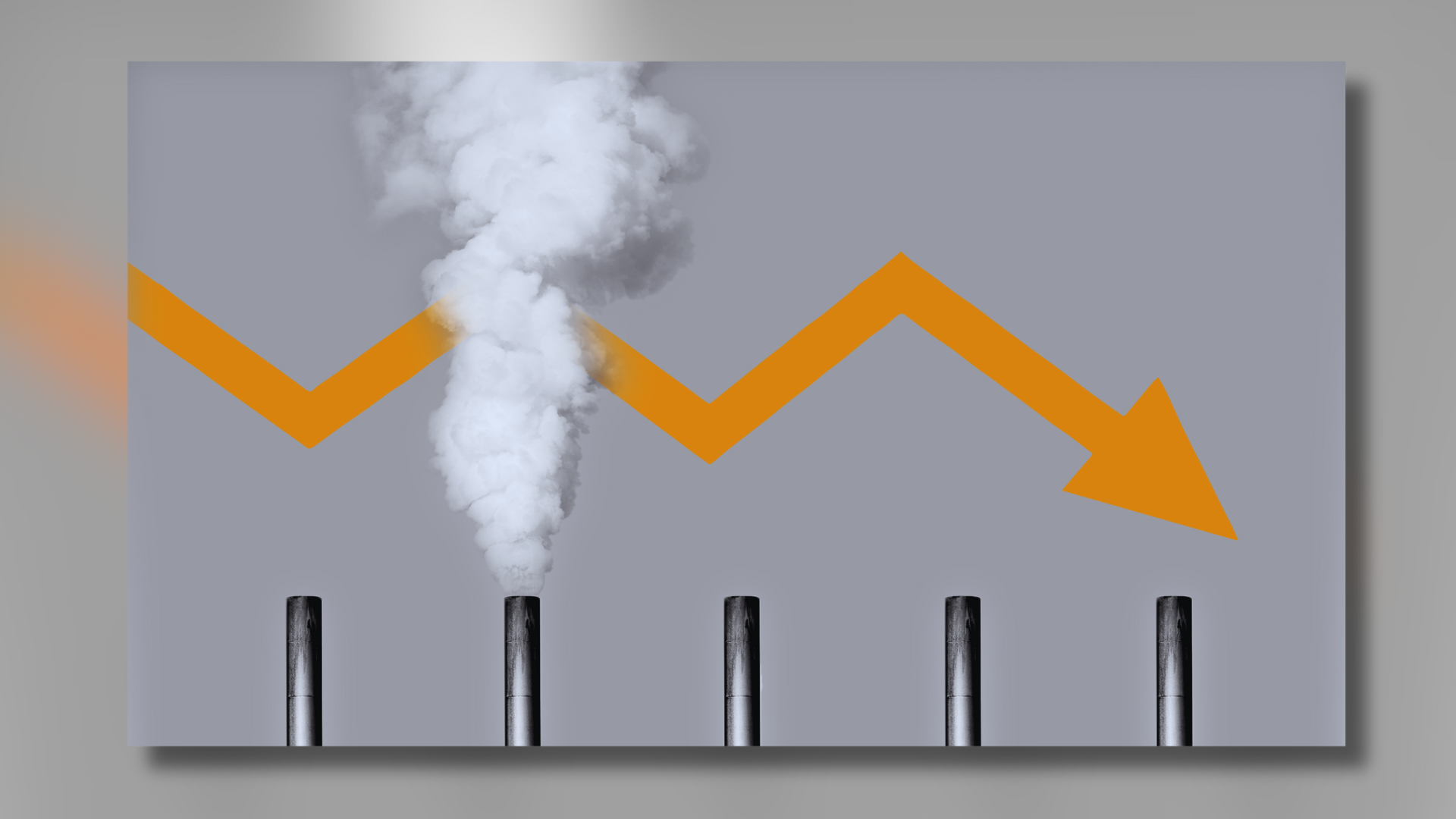



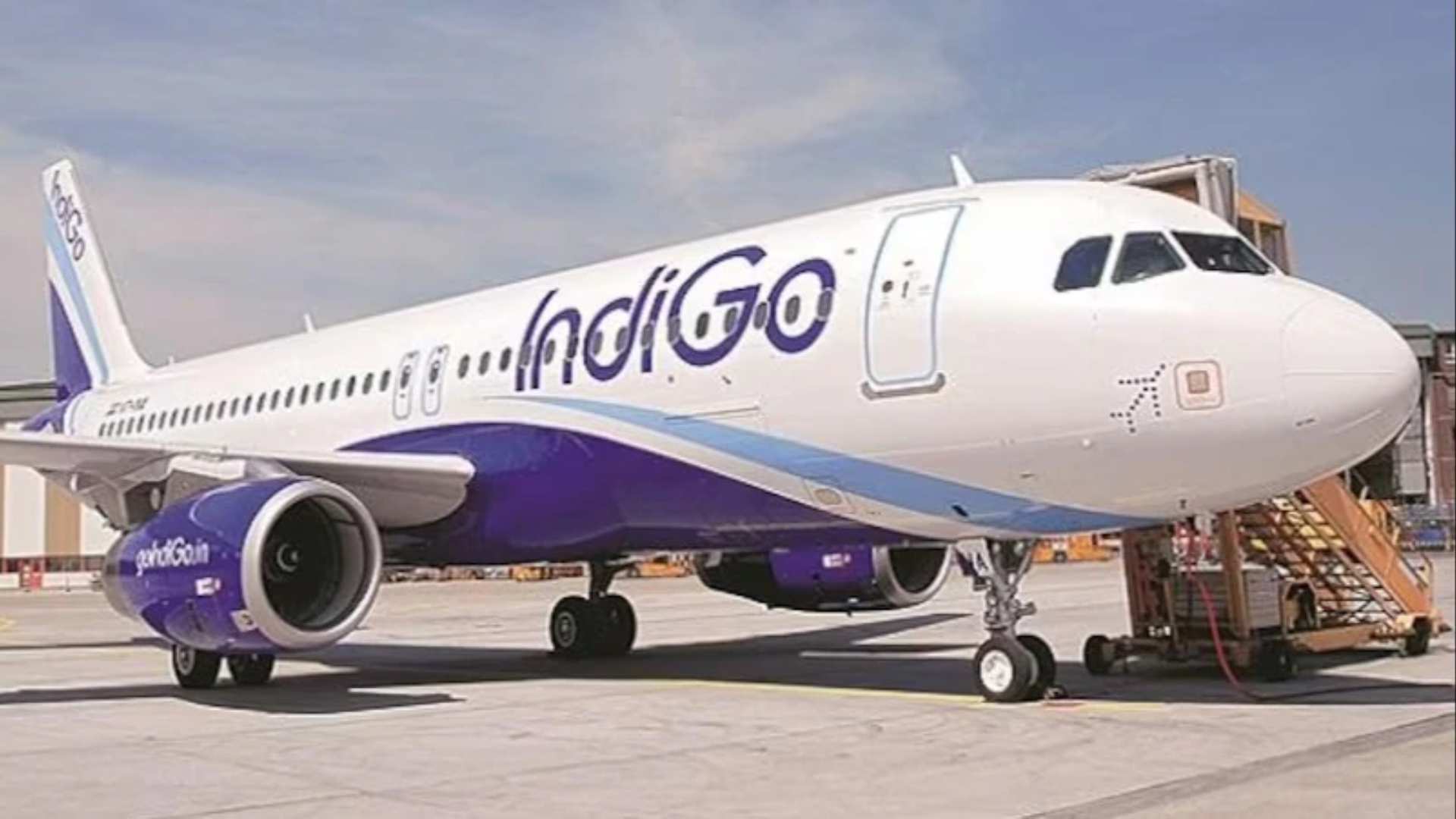

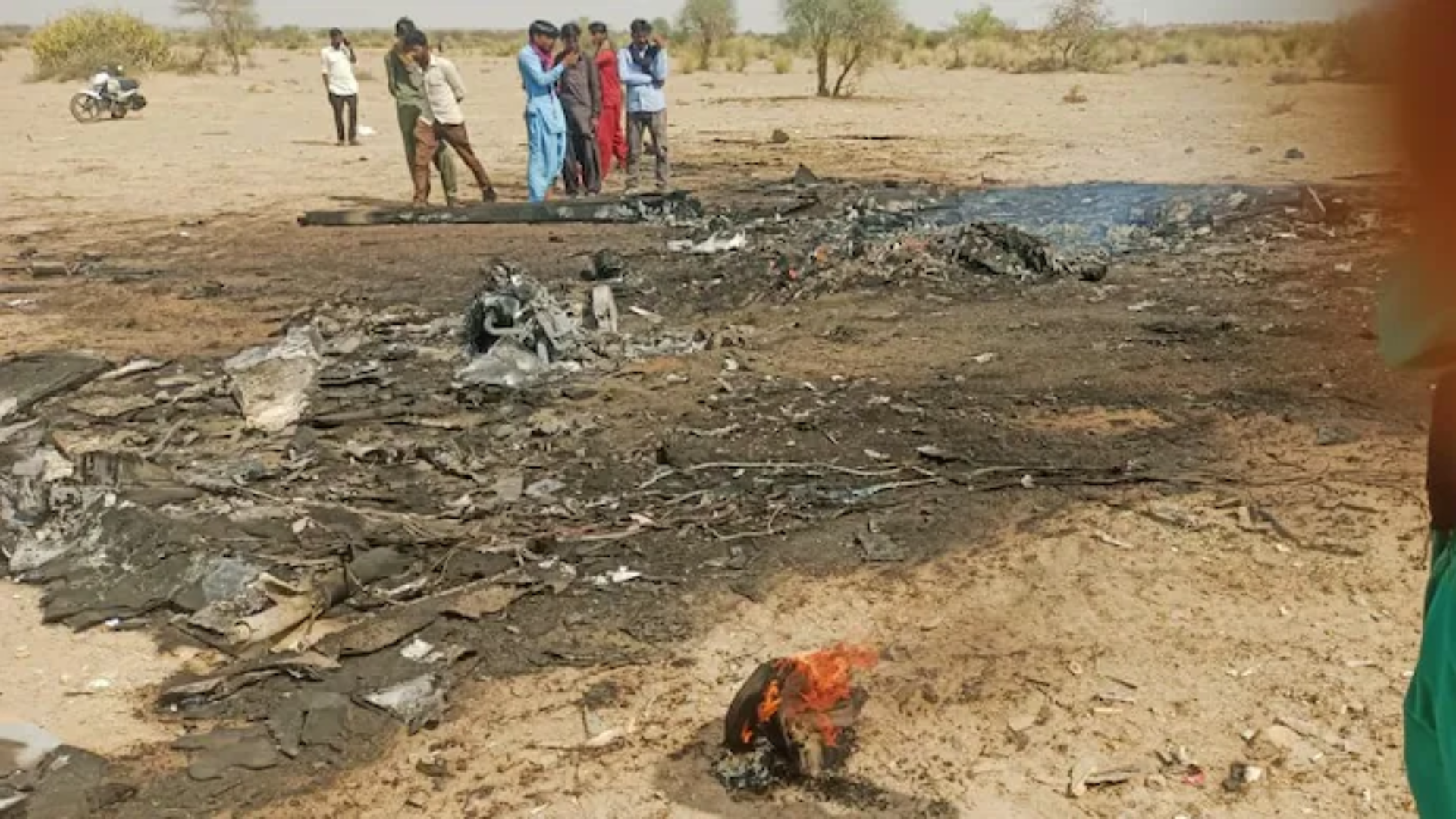

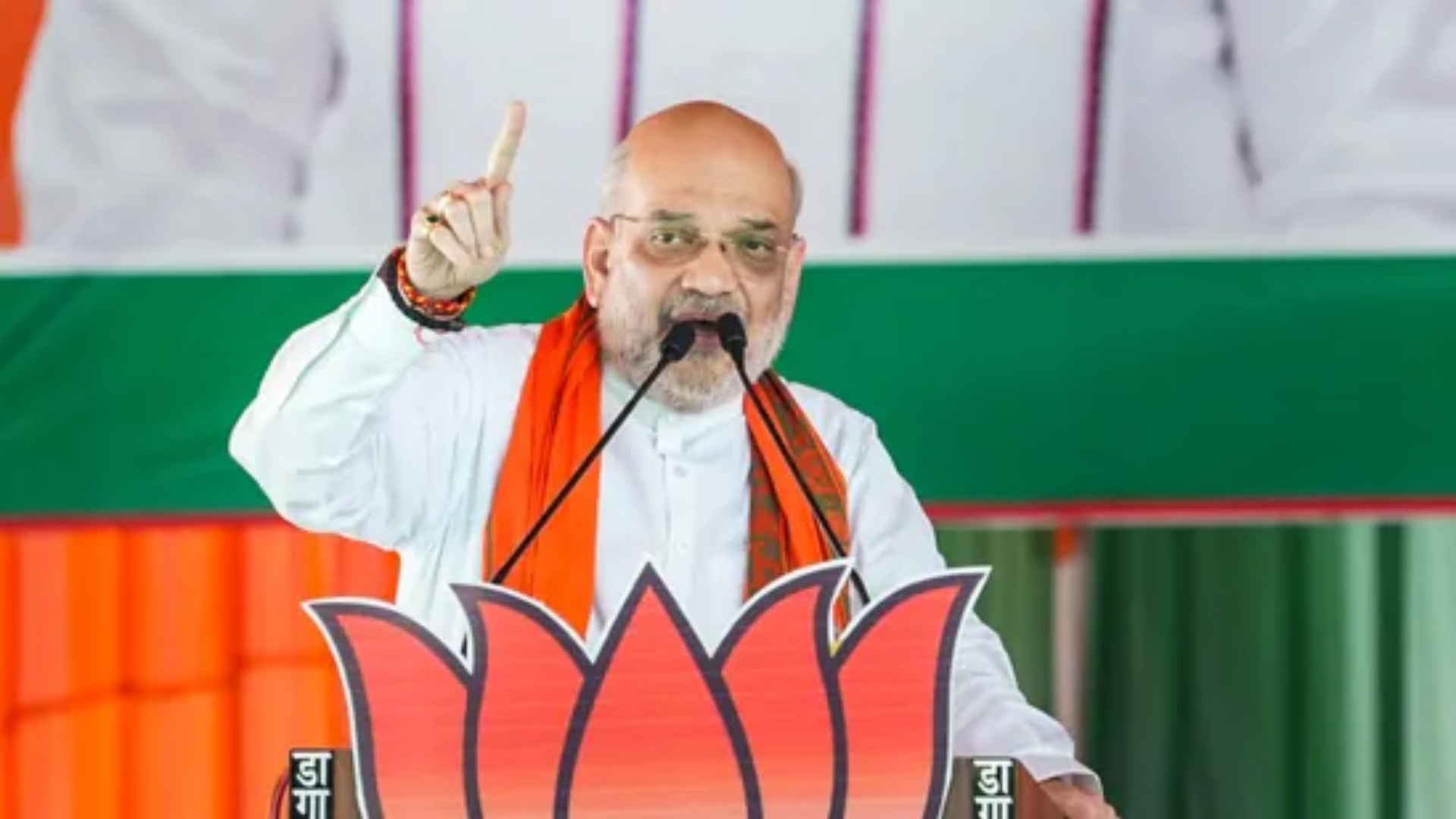
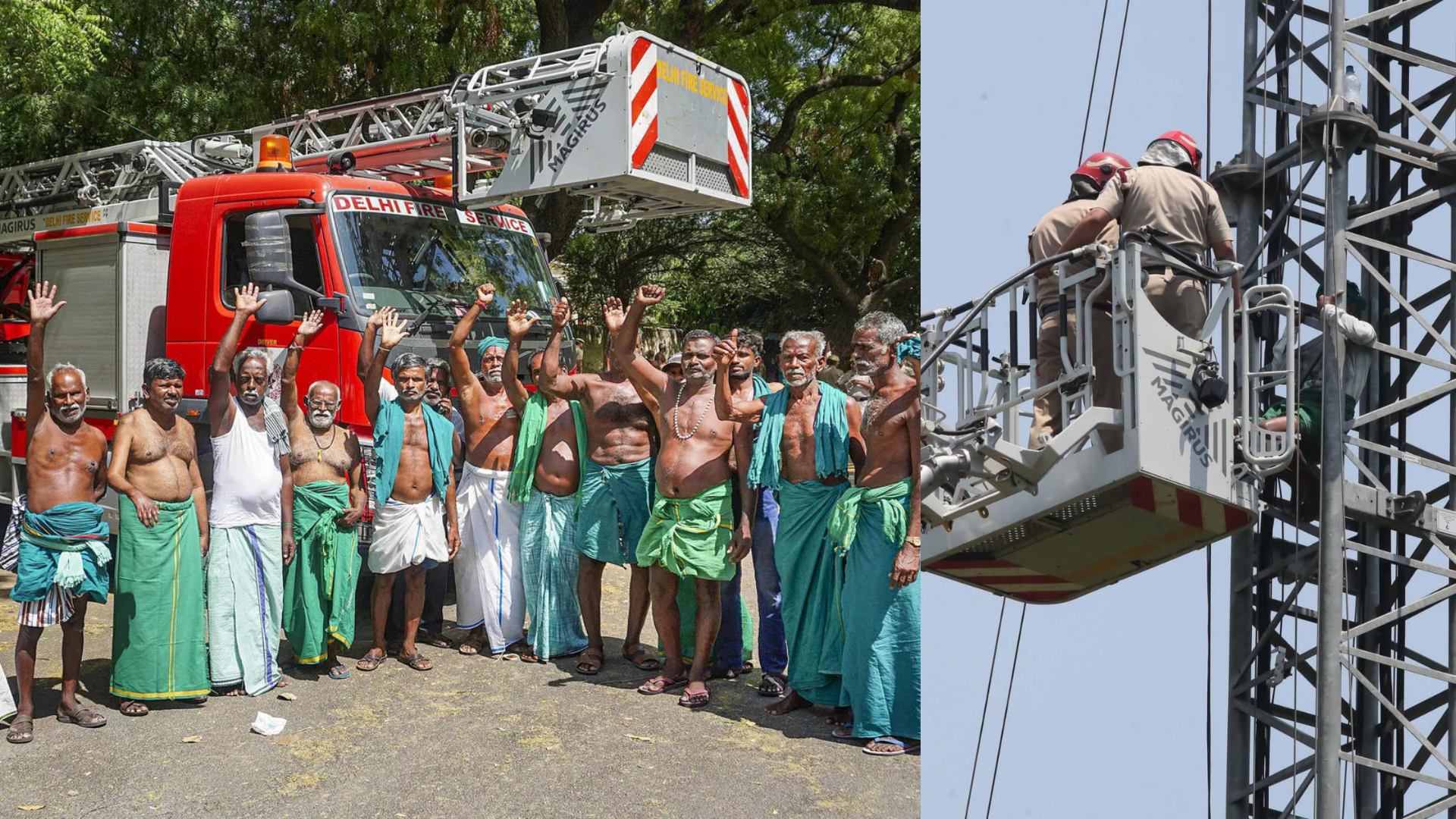

As many as 72 families have been asked to quarantine themselves, this after a Pizza Delivery boy was tested positive for Corona infection. NewsX’s Legally Speaking requested for the opinion of lawyers and legal experts on what legal remedy you have in case you are infected by corona virus due to food delivery and also legal ramifications on companies selling Pizza or delivery chains who deliver good in case a recipient gets infected due to a pizza or a food box.




Adv. Kritika Krishnamurthy, founding partner, A & K Partners
Stress Eating Pizza, COVID and Compensation
The trending topic on social media presently is expanding appetites and waistlines due to incessant stress and boredom eating during lockdown. While most people are banana breading their hearts out, some others recently decided to take a shortcut and order pizza. On paper, everything was picture perfect- all deliveries whether food or groceries in India arebeing done using a ‘no-contact’ approach. But the pizza delivery boy has been tested positive for novel coronavirus. The pizza shop has been shut, all its employees and 72 families who were delivered pizza by the delivery boy have been ordered to take precautionary measures and self-quarantined.
With changing contours of what is normal, the bounds of what should be reasonable measures to run a food business operation and the extent of liability is also going to change.
The business seems to have taken measures to do any future damage but that is not going to be enough.
If any of the families also contact the disease, they will have a right to sue the food delivery business for compensation. Such cases attract two routes generally. The pizza company can be sued before the consumer forum or a tort case of strict liability is also possible. While the consumer forum is a more cost-effective mode with limited damages, if all the affected persons come together and sue the company for strict liability under torts, the company will have to shell out damages in millions. Not to mention the prosecution and penalty under Food Safety and Standards Act, 2006 and even the worst-case possibility of key managerial personnel being booked for culpable homicide as was recently done with the leader of a religious congregation.
Another set of affected persons which seem to have been missed out are all those other families who were delivered pizza from the same shop by other delivery persons of the shop.
The positive tested delivery person was in contact with other staff of the pizza shop whose chance of being infected by him is very high. This incident is a red flag as to how home deliveries can turn into one of the key channels of community transmission and make all the lockdown efforts of billions of population and government redundant.
Amit Singh Chauhan, Esq.
Founding Partner and Litigation Chair
Talwar Khurshid Chauhan (TKC) LLP
In today’s digital age these delivery drivers (delivery drivers) are not associated or employed by the restaurants/food joints. They are usually individuals who register themselves with an online platform or enter into a business arrangement with the online aggregators or facilitator. These platforms usually act as an intermediary or facilitator between the restaurant/food joint and the end user for which they take a commission and also collect the delivery charges. Such digital platforms aim to minimise liability and cost by entering into arrangements/agreements with their delivery partners on a principal to principal basis rather than an employer-employee relationship. Further, these platforms often stand indemnified by the driver partners and clearly state that the platform does not maintain operational supervision. The reason being that the platforms intend to overcome the test of effective control or to avoid duty of care which might make them liable for the acts of the driver partners or restaurants.
However, the courts in India, especially in these testing times, could arrive at a conclusion that certain level duty of care is owed to the delivery drivers and end user (as we saw with the incident mandating listing of restaurants holding FSSAI license only). The courts while taking into account the move towards digital platforms, the changing business environment and the present situation on account of Covid-19 might be inclined to pierce the veil while revisiting the definition of ‘control’ and might be inclined to expand the spectrum of duty of care owed to the delivery drivers and end users which would leave such platforms open to civil litigation/damages.
In countries like China, the delivery partners are obligated to take a health test every day and sanitize their bikes and themselves so as avoid spreading germs. No such guidelines or recommendations or facilities have been made available by such platforms. Any repeat of incident similar to the one in South Delhi could be construed as gross negligence or intentional omission at least prima facie. Even though a bleak possibility, it could lead to increase in criminal cases being filed against the official ranging from those filed under section 269 and Section 270 of the Indian Penal Code, 1860 for intentionally spreading the infection to those being filed under section 304A in case of death of end user/delivery partner and section 338 of the Indian Penal Code, 1860 as well in case of grievous hurt.
Adv. Aman Sareen, Advocate, Delhi High Court
Tort is a civil wrong or wrongful act whether intentional or accidental from which injury/harm occurs to another. Vicarious liability/No Fault Liability imposes strict liability on the employers for the wrongdoings of their employees while the employees are conducting their duty during the course of employment. Employers are vicariously liable under the doctrine of “Respondent Superior/Let the master answer” for the negligent acts or omissions by their employees in the course of employment. Employers are vicariously liable on the basis of latin maxim “Qui facet per alium facit per se/ He who acts through another, acts himself”. The underlying concept is that employer had the right, ability and duty to control acts of his employees performed during the course of employment.
In the present case, pizza delivery boy who has been tested positive for COVID-19 was employed by Box 8 Company and has been working under direct supervision and control of the Company. After the lock down period was announced by PM Modi, the restaurants were allowed to continue their operations through home delivery/take away with strict instruction to practice social distancing, proper hygiene and sanitisation as in food industry there is great possibility of indirect transfer of virus through contaminated surfaces that contain the virus. In case of COVID-19, the main risk involved in human to human transmission during food handling is from close contact with infected food handler or customer. Thus, the best practice for food business operators and consumers is to maintain high standards of personal hygiene, standard protocol of social distancing and limiting social contact, detecting/isolating the infected persons from food handling operations and appropriate cleaning/sanitisation of food business premises/food contact materials.
The FSSAI (FOOD SAFETY AND STANDARDS AUTHORITY OF INDIA) has also released guidance note dated 15th April, 2020 related to Food Hygiene and safety Guidelines for food business during COVID 19. Therein, FSSAI developed detailed guideline on specific measures to be taken by food related businesses in addition to those specified in Schedule IV of Food Safety and Standards ( Licensing and Registration of Food business (Including Food Service, Transport and Retail Operations)) Regulations, 2011. These include that the food business owner shall made food handlers aware about COVID 19 symptoms so that they are able to recognise symptoms, declare them and seek appropriate medical care. Also, the food business owner shall adopt screening protocol to screen all employees regularly while entering the premises. It is also mandated that employees with temperature and symptoms of COVID-19 should not be allowed to enter the premises. Also, the food business owner shall provide masks and protective gears to food handlers to ensure regular monitoring of its employees.
Thus, the employers are under strict liability to follow standard operating procedures to ensure proper safety norms for its premises and employees to ensure working at low risk transmission. In the present case, it has been stated that pizza delivery boy has been showing symptoms including fever, fatigue and cough for around 20 days. During the said period, he has visited around 72 families to deliver food and has been in contact with around 17 delivery boys. All of them are placed under institutional quarantine. The disturbing part is that other delivery boys must have visited various places for food delivery who are yet to be identified. The present scenario clearly shows reckless/negligence on part of employer as well as employee. The employer has failed to regularly monitor the symptoms shown by the employee and has ignored it as common flu. The period of 20 days is a considerable long time which could have avoided has the employer been more vigilant and careful to the health of the employee. This also indicate that proper screening protocol was not followed by the employer. There is certainly lack of implementation of Standard Safety Procedures and Protocol. As per statement issued by Zomato, it is also uncertain whether delivery boy had delivered orders placed through Zomato while he as infected. The statement issued by either Box 8 or Zomato is nothing but a cover up to rule out negligence committed by them. Hundreds of persons has suffered damage for the reckless act of the food business owner who are constantly living under fear of mental agony of contracting COVID-19 virus infection. Further, the contact tracing cannot be absolutely determined particularly when there are so many stages involved in food delivery process. The same could have been stopped has the employer has been more vigilant, careful in implanting proper safety norms. Be that as it may be, the food business owner (Box 8 Company) cannot be absolved from strict liability enforced against them for the negligent behaviour of its employee. Infact, in the present case, the food business owner (Box 8 Company) is contributory to the negligence committed by its employee. The present case is an example of class action suit for damages and compensation which has endangered lives of hundred of people due to negligence of Box 8 Company as the company has been instrumental in spreading contagious disease.
CRIMINAL LIABILITY:-
Section 268 of IPC defines Public Nuisance which states that a person is guilty of public nuisance who does any act or is guilty of illegal omission which causes common injury, danger or annoyance to the public or people in general. Section 269 of IPC defines negligent act likely to spread infection of disease dangerous to life. As per which, whoever unlawfully or negligently does any act which is or which he knows or has reason to believe to be likely to spread infection of any disease dangerous to life shall be punished with imprisonment for term which may extend to 6 months or fine or both. The said offence is non-compoundable in nature. Section 270 of IPC defines malignant act likely to spread infection of disease dangerous to life. The said offence is punishable for imprisonment of 2 years or fine or both and is non-compoundable in nature.
Clearly, in the present case, the food business owner (Box 8 Company) was negligent is ensuring proper safety norms in its premises and regularly monitoring of health of its employee despite the fact it has reason to believe that failing which there is great likelihood of spread of COVID-19 disease as it is contagious in nature and dangerous to life. The negligent and recklessness of the Food business Owner ( Box 8 Company) has caused public nuisance to people residing in neighbourhood area and has exposed them to COVID-19 virus which is dangerous to life particularly in light of fact when there is no concrete vaccine of the same and strict restrictions are being released by Central and State Government to ensure regulation of proper safety norms.
Mr. Sudhir Mishra, Managing Partner, Trust Legal Advocates & Consultants
The recent case of a 19-year old pizza delivery partner in New Delhi being tested positive for COVID-19 and 72 families being quarantined as a consequence has raised concerns throughout the hospitality and food delivery sector about the safety of their employees and customers alike. In these trying times, when millions of people who stay away from their homes and are dependent on restaurants still delivering food for their sustenance, it has become paramount for such hotels and restaurants to take stringent precautionary measures in order to prevent the further spread of the virus and infecting, albeit unknowingly, their valued customers. The recent case reinforces the need and strict applicability of the measures already in place. They need to ensure that none of their employees and delivery partners are suffering from COVID-19. This can be ensured by getting the temperature of every employee periodically checked on an hourly or daily basis. Secondly, the premises and all equipments including the delivery boxes need to be washed and sanitized regularly. Lastly, the delivery person should properly cover and sanitize himself before and after each delivery.
All these precautions coupled with the recent case bring to the forefront another question: who can be legally held liable in such a scenario? And who can a person who has come in contact with such a delivery person and tested positive file a claim against? It is a little difficult to give a straightforward answer to both these questions because of the prevalent legal system of this country. Even if we assume, for argument sake, that the infected person filed a claim for compensation against the restaurant owner, the burden of proof of proving the owner guilty would fall on the infected person. Unlike the USA where torts is strictly applicable and no person can get away easily. Hence, given the present scenario and the situation the world over, Indian lawmakers should take steps to make torts more applicable in India.
The Ministry of Home Affairs issued certain guidelines on 15.04.2020 that have to be strictly followed by people who will be going back to work from 20.04.2020. Hence, the food delivery system will be much sought after bythese people more than it was previously. Therefore, it becomes a restaurateur’s duty and responsibility to ensure that the food delivery partners are safe from and not infected by the virus. Further, as per the principal-agent and master-servant relationship principle followed in India, the companies delivering foods can be held accountable, if any of their customers get infected because of their delivery executives. The companies engaged in food delivery must come up with an undertaking on every packed food that ‘the said packed food along with the package is virus free and sanitised keeping in view the safety of their customers’. However, by opting for delivery in the present situation, the said responsibility is already implied on them and they are themselves acknowledging the fact that it would be an infection free delivery. Also, holding the owner liable would force them to take strict precautions and safety measures. But now the question arises: what if the delivery executive gets infected outside of his workplace or by coming in contact with an already infected customer? Who can be held liable in this case?
All these aspects need to be looked upon and considered by the Government before lifting the lockdown completely.



